We all get stomachaches from time to time, but they're usually not a big deal. Often, they're caused by eating too much food, consuming something that doesn't sit well, or just having a stressful day.
Unfortunately, once in a while, stomach pain is indicative of something much more serious. The discomfort or pain you feel in your abdomen or stomach could actually be a symptom of a severe illness.
Sometimes, a stomachache may be from appendicitis, irritable bowel syndrome, or a stomach ulcer.
While all three are serious, many people know much more about IBS and appendicitis than they do about stomach ulcers.
Stomach ulcers, also known as peptic ulcers, are more common than people might think, and elderly women get them more often than other people.
So what do you need to know about stomach ulcers? Read below to find out the signs and symptoms of a stomach ulcer.
Thumbnail Photo: Wikimedia Commons
What Is A Stomach Ulcer?
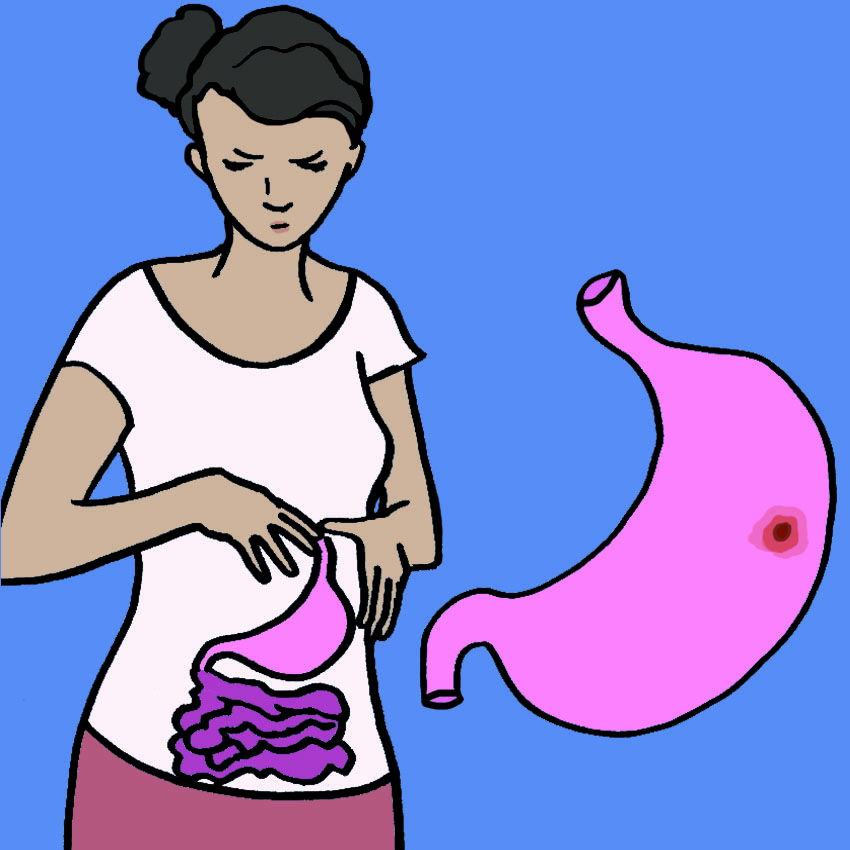
A stomach ulcer, also known as a peptic ulcer, "is a sore in the lining of your stomach or your duodenum, the first part of your small intestine," explains the U.S. National Library of Medicine.
Stomach ulcers occur when digestive acids damage the walls of the duodenum or stomach.
Stomach Ulcer Symptoms Symptom #1: Burning Stomach Pain
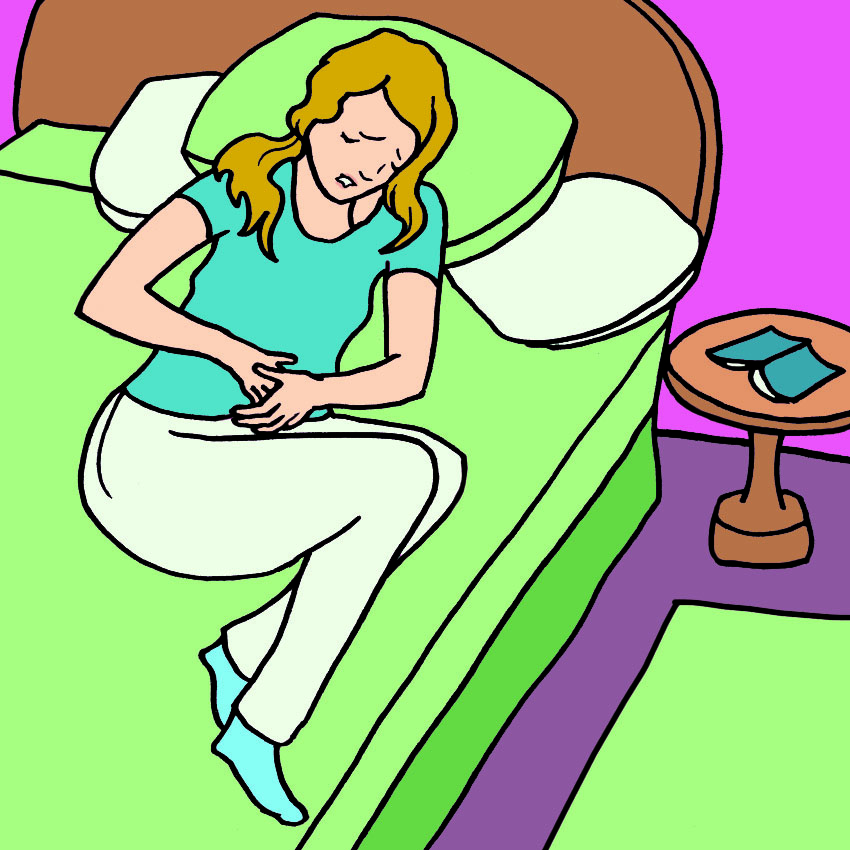
The most common symptom of a peptic ulcer is a burning pain in the stomach.
Typically, the pain lasts for minutes to hours, comes and goes for multiple days and weeks, starts between meals or while sleeping, and briefly stops if you take antacids.
Symptom #2: Feeling Of Fullness
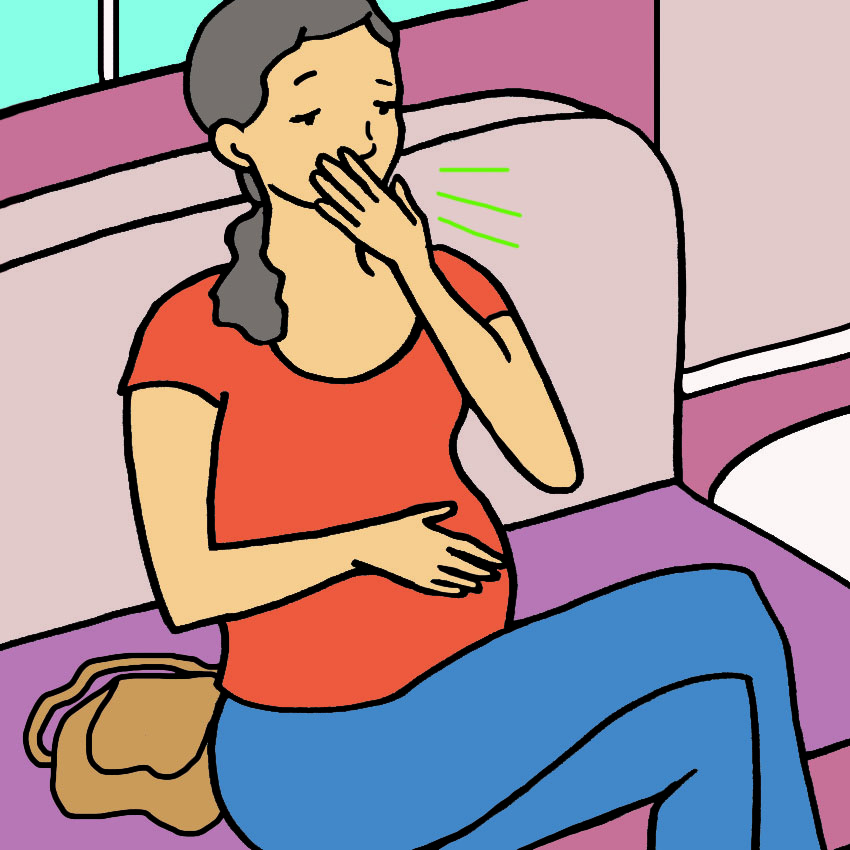
According to the Mayo Clinic, another common symptom of stomach ulcers is a feeling of fullness.
This sensation of being full may be accompanied by bloating and burping.
Symptom #3: Intolerance To Fatty Foods
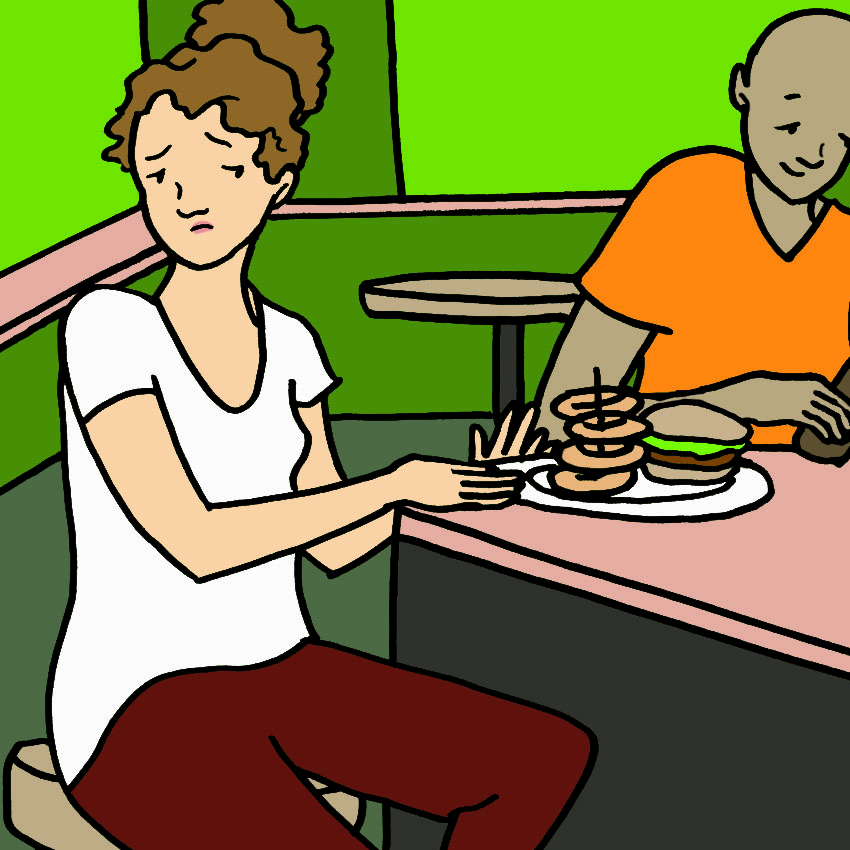
If you have a stomach ulcer, you may not be able to eat fatty food without feeling discomfort.
The Mayo Clinic explains that a fatty food intolerance is another common symptom.
Symptom #4: Heartburn
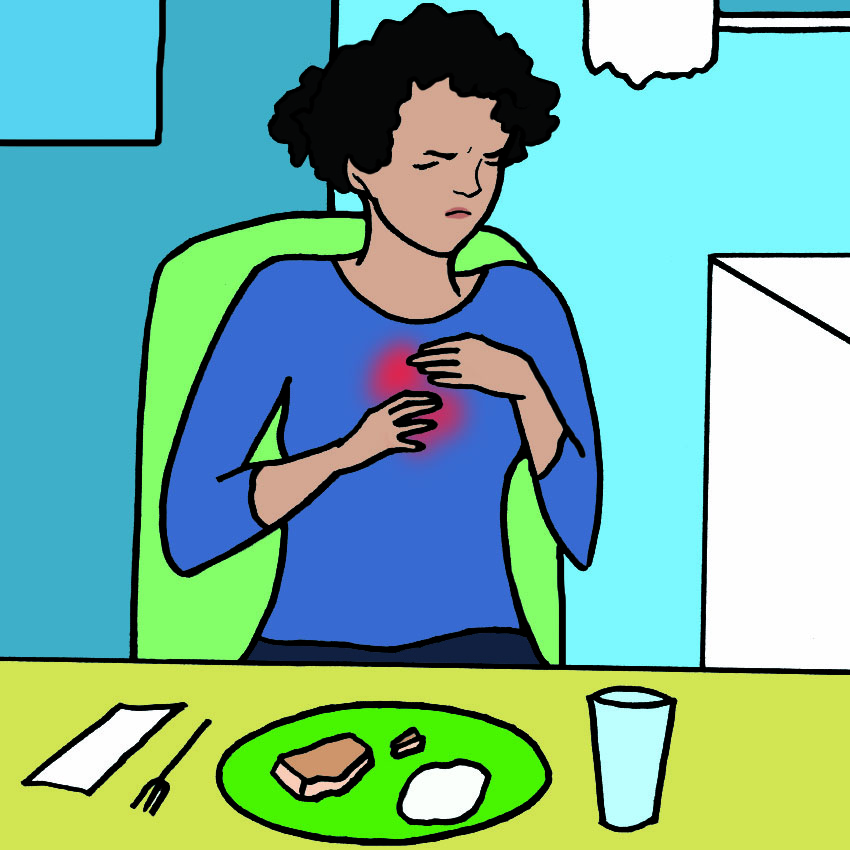
Heartburn, which is normally no big deal, may be another sign of a stomach ulcer.
If you have a significant amount of heartburn or heartburn that lasts for a long time, you should consider that it may be something more serious.
Symptom #5: Nausea/Vomiting

Although it's less common, nausea and vomiting are also symptoms of a peptic ulcer.
The National Institute of Diabetes and Digestive and Kidney Diseases (NIDDK) explains that another symptom may be "feeling sick to your stomach."
Symptom #6: Poor Appetite
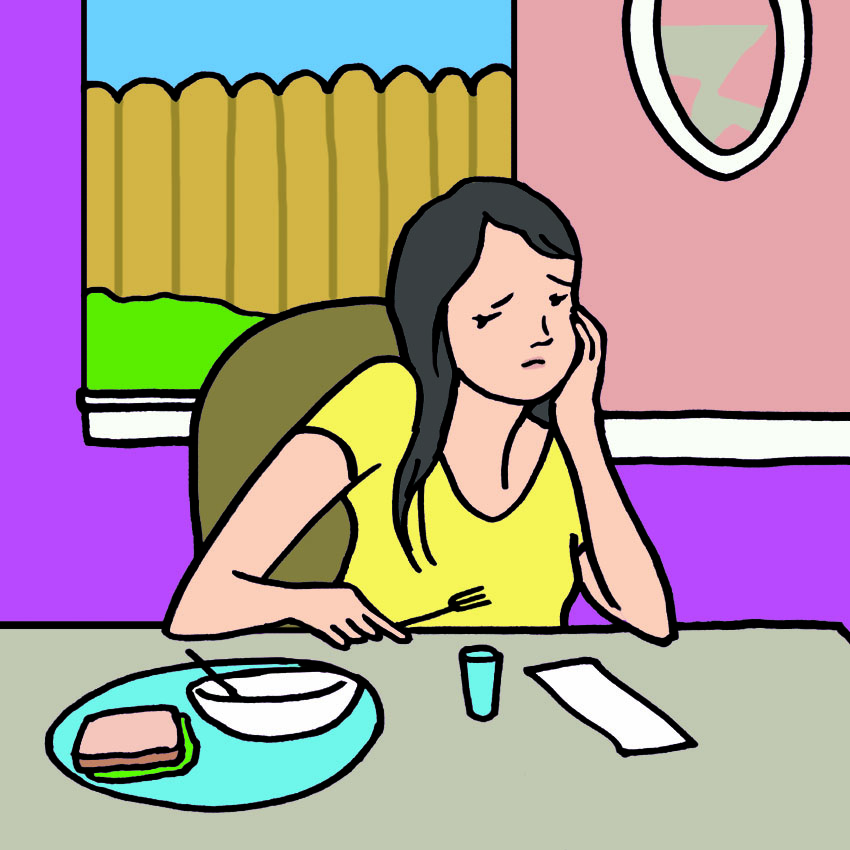
Another symptom of a peptic ulcer is a poor appetite or general appetite changes.
As with any stomach pain or discomfort, your appetite may change with the amount of pain you're feeling.
Symptom #7: Unintentional Weight Loss
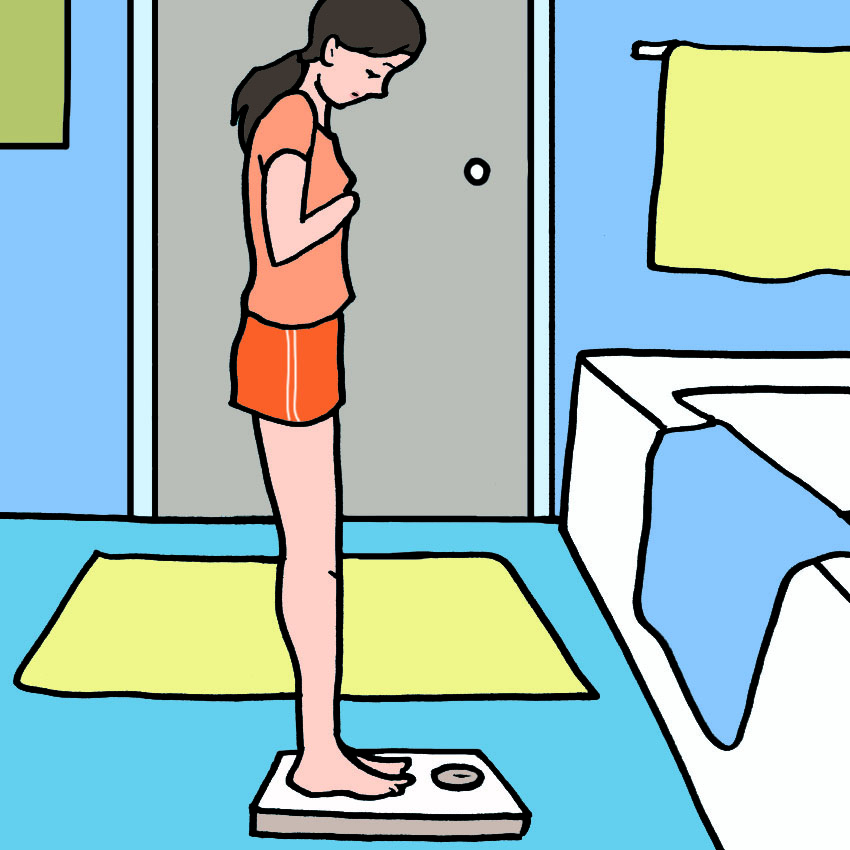
Unintended weight loss is yet another symptom of stomach ulcers.
When you have stomach pain and discomfort, you may not eat normally, which can lead to unintentional weight loss.
Other Symptoms
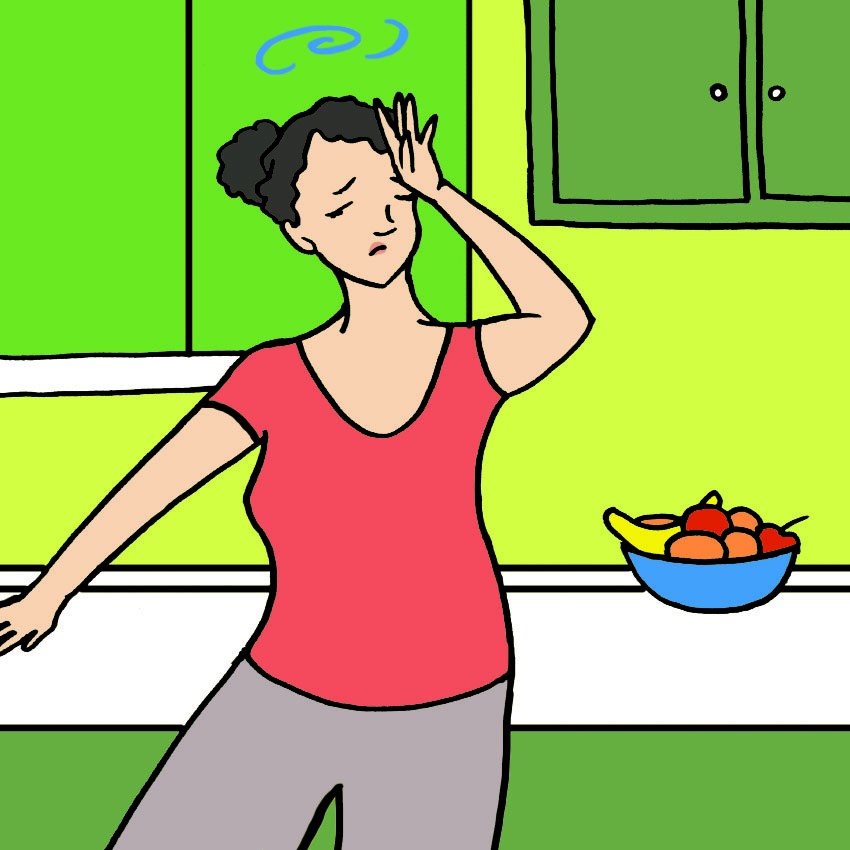
Other, less common symptoms should not be ignored.
They include: vomiting blood, feeling faint, trouble breathing, dark blood in your stools, or stool that is black and tarry.
When To See A Doctor
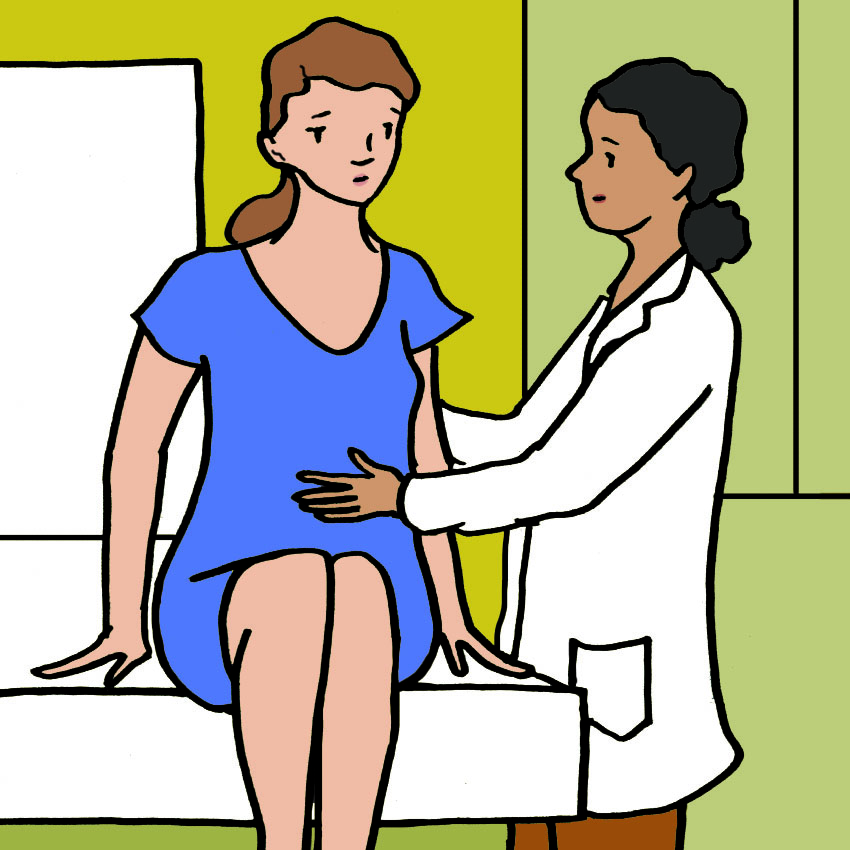
If you have any of the above symptoms, you should see a doctor.
"Even if your symptoms are mild, you may have a peptic ulcer," explains the NIDDK. "You should see your doctor to talk about your symptoms. Without treatment, your peptic ulcer can get worse."
If you think other people should know more about stomach ulcers, please SHARE this article with your friends!




